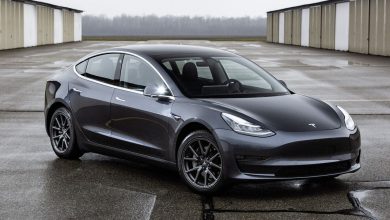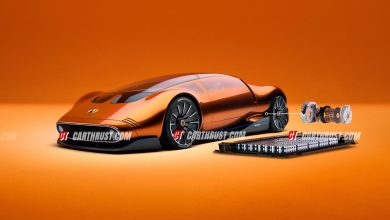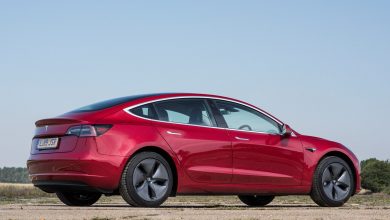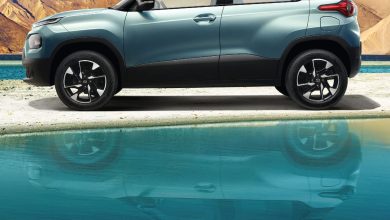Hyundai faces Class-Action for advertising safety features that don’t really exist
The Hyundai Ioniq class-action lawsuit states that "Hyundai deceptively marketed, advertised, sold and leased the 2020 Ioniqs to customers nationwide.
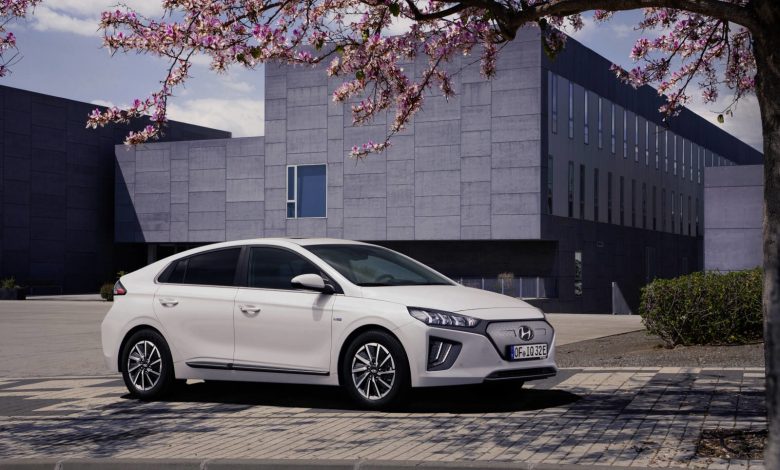
Hyundai is having to deal with a class-action lawsuit filed in California by one owner who has accused the automaker of selling cars with safety features that they didn’t have.
The lawsuit filed in the U.S. District Court for the Central District of California, as reported by Car Complaints accuses the Korean automaker of falsely advertising the Hyundai Ioniq with Blind-Spot Collision-Avoidance Assist and Rear Cross-Traffic Collision-Avoidance Assist systems, While the actual cars, or at least the plaintiff’s Ioniq Limited, only comes with Warning systems.
The Assist systems are supposed to mitigate rear-cross traffic and blind-spot collisions by applying emergency brakes when necessary, while the Warning systems only warn the driver of imminent danger but do not themselves interfere with driving. The Complainant states that the Window sticker of his Ioniq Limited clearly states that his car should come with the Assist systems and not the Warning systems.
Hyundai has stated, that should not be the case as these cars should come with Warning systems only. Car Complaints’ report does not show any photo of the window sticker in question, nor does it say which specific Hyundai Ioniq is involved in the lawsuit.
A quick look at Hyundai’s U.S. website shows that the Ioniq Hybrid SE, SEL, and Limited trims come with Blind-Spot Collision Warning (BCW) with Rear Cross-Traffic Collision Warning (RCCW) only. No Ioniq, whether it’s electric, hybrid, or plug-in hybrid, comes with Assist systems.
Meanwhile, the Ioniq owner has shown quite some distress, as according to him, he repeatedly contacted Hyundai about the issue but “nothing did any good and Hyundai offered no solutions or relief.”
The Hyundai Ioniq class-action lawsuit states that “Hyundai deceptively marketed, advertised, sold and leased the 2020 Ioniqs to customers nationwide. And those customers allegedly had no safe or practical method of confirming if the cars were equipped with the systems or verify if the systems functioned properly.”

